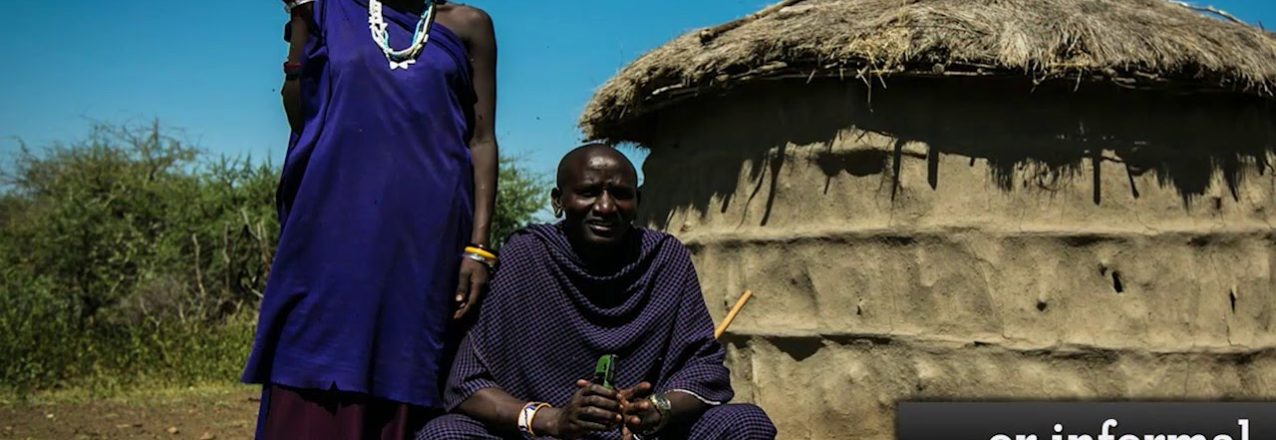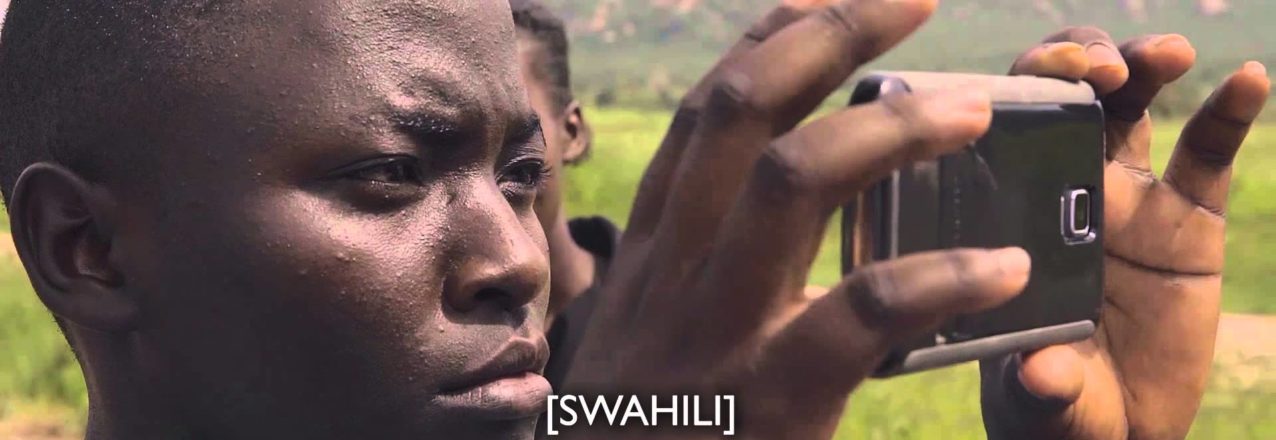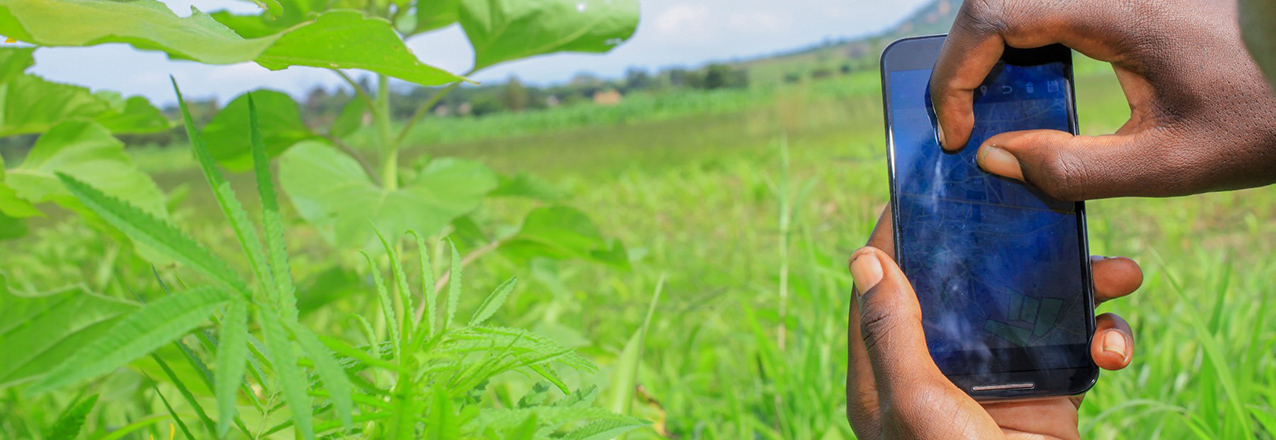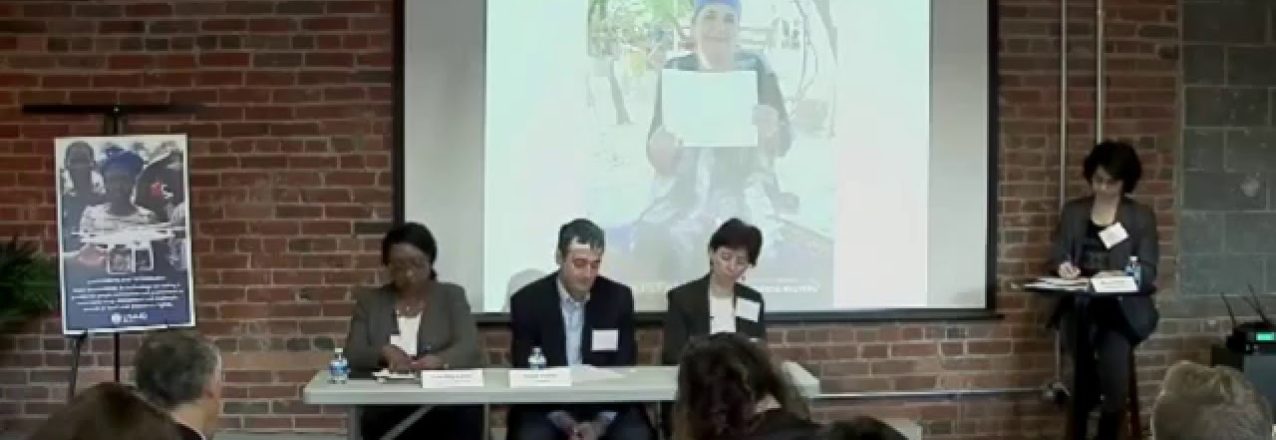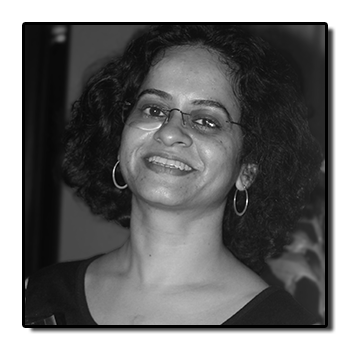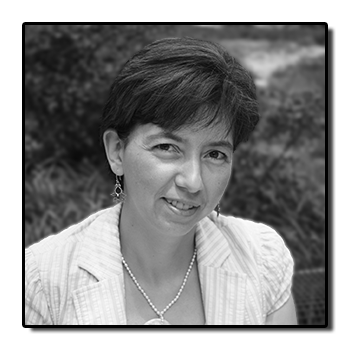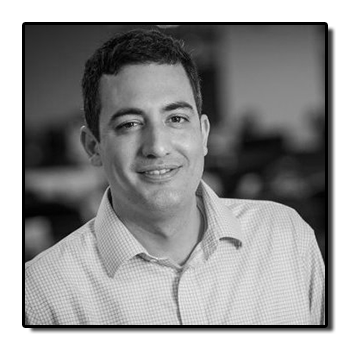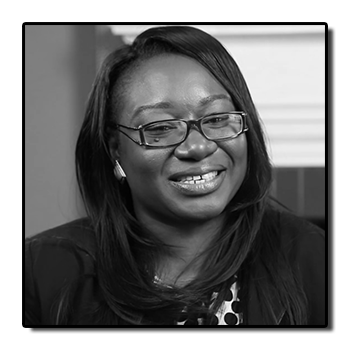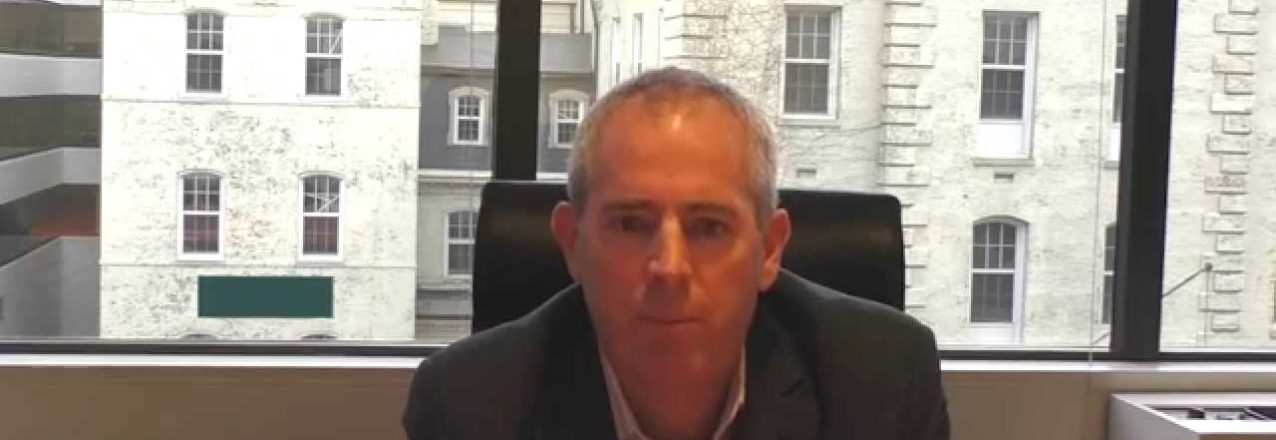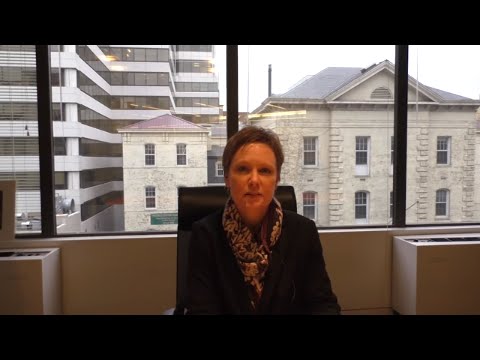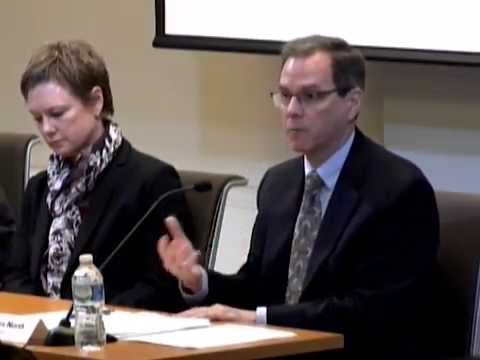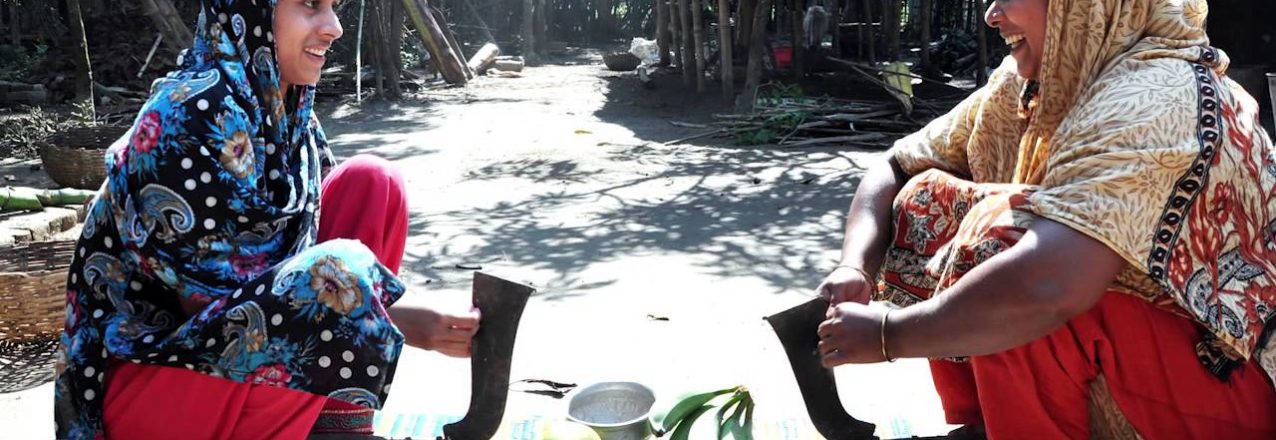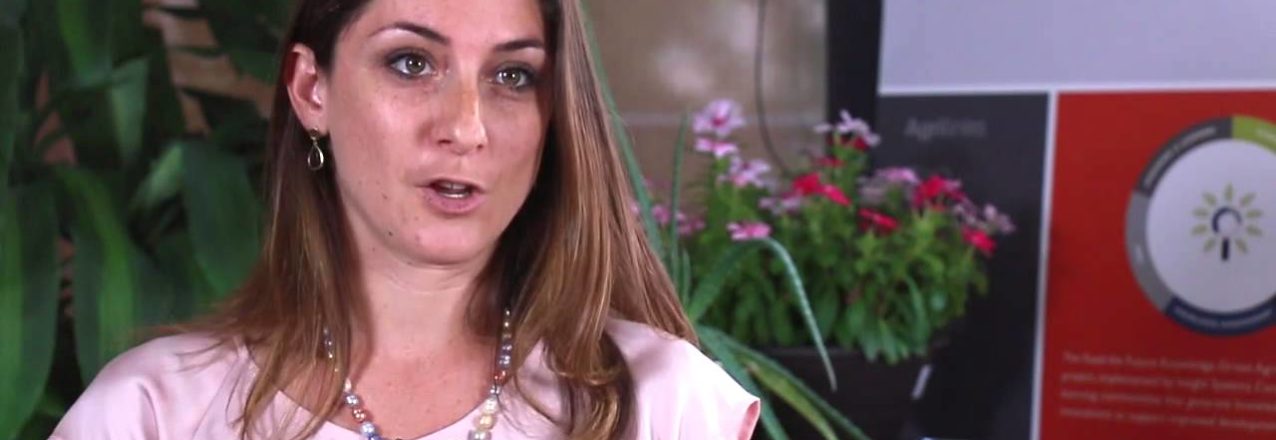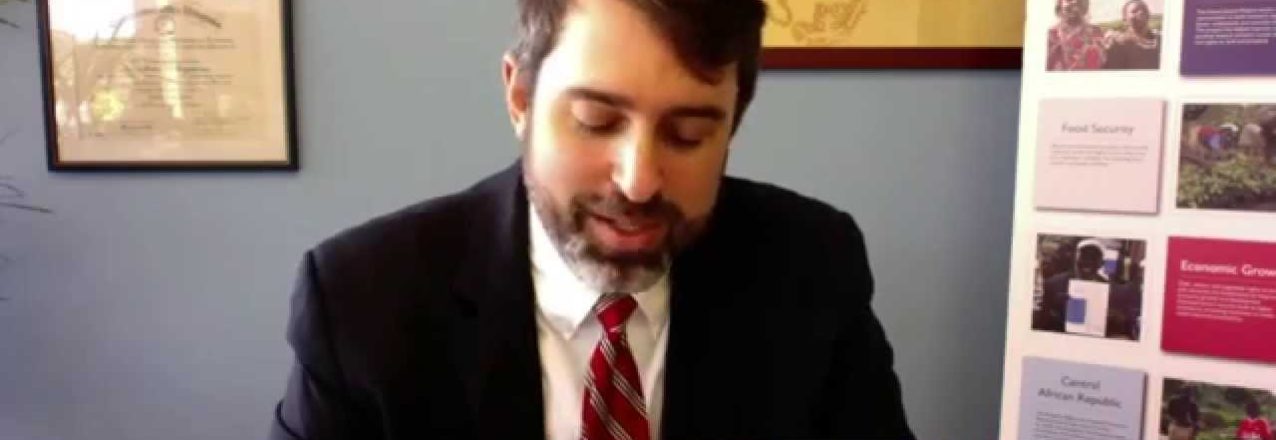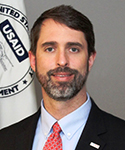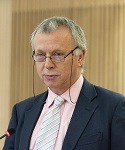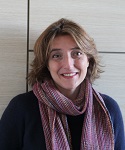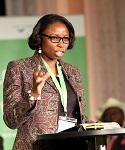Throughout much of the developing world women have fewer rights and less access to one of the most important livelihood assets: land. While situations vary across countries and contexts, in general, women own less land than men. Moreover, the land that women do control tends to be smaller in size and inferior in quality to land controlled by men. This often limits women’s economic opportunities and leaves them more vulnerable to poverty, hunger and displacement. Yet a growing body of evidence demonstrates a profound link between stronger women’s land rights and a variety of critical development issues, including enhanced food security and improved household nutrition. Acknowledging this, in September the international community officially adopted the Sustainable Development Goals – which included ending poverty, achieving food security and gender equality as Goals 1, 2 and 5 – and all included land rights and resources as a key underlying component. In the U.S., Congress recently passed the Girls Count Act, which built on USAID’s Gender Policy of 2012 and prioritizes women’s land and property rights in development programs.
On October 27, 2015, from 9:30 AM to 11:00 AM EDT, USAID, the International Food Policy Research Institute (IFPRI) and Landesa hosted a panel event to discuss the intersection of women’s empowerment, land rights and food security at IFPRI’s headquarters at 2033 K St NW, Washington, DC. The panel event was open to the public and streamed live online.
Event Start Date: Tuesday, October 27, 2015 – 09:30
Event End Date: Tuesday, October 27, 2015 – 11:00
| Moderator: |
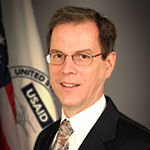 |
Charles North (USAID), Sr. Deputy Assistant Administrator, Bureau of Economic Growth, Education, and Environment
Charles North is a Senior Foreign Service Officer and has held numerous Washington leadership positions within USAID and the State Department. |
| Panelists: |
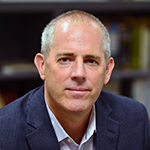 |
Chris Jochnick (Landesa), CEO
Chris Jochnick is a global land rights expert and social entrepreneur with decades of experience in international development. Prior to joining Landesa, Chris lead Oxfam America’s work on business and development, including the “Behind the Brands” campaign. |
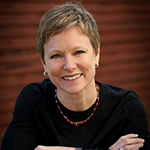 |
Susan Markham (USAID), Gender Coordinator
Susan Markham comes with an extensive background in both domestic and international women’s political empowerment. She most recently supported the aspirations of women around the world to be equal and active partners in shaping and leading democratic societies at the National Democratic Institute (NDI). |
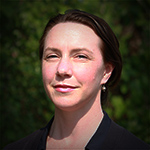 |
Lauren Persha (UNC / Cloudburst), Research Advisor
Lauren Persha (Ph.D.) is an Assistant Professor at the University of North Carolina at Chapel Hill, and a Research Advisor at The Cloudburst Group. Her research broadly examines the intersection of natural resource sustainability, human welfare, and environmental governance. |
